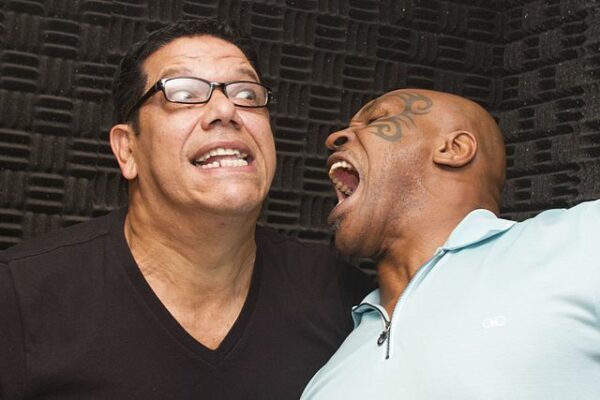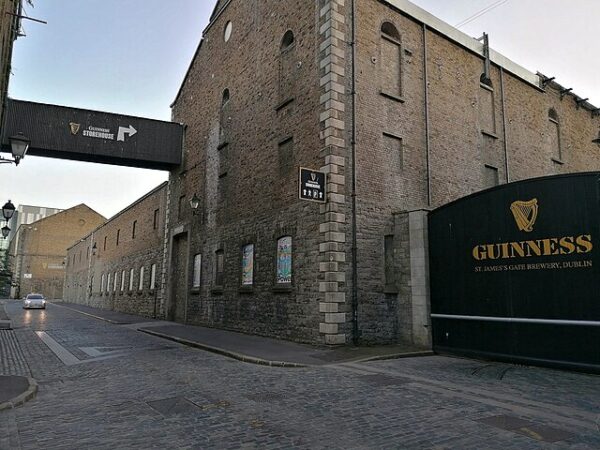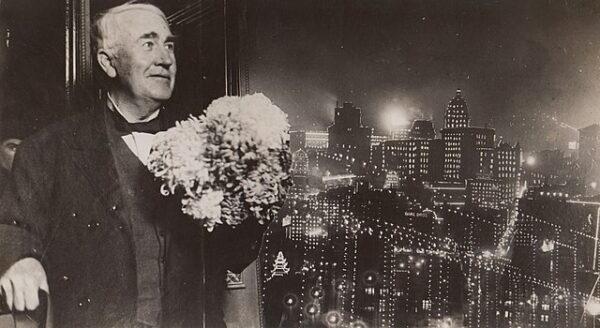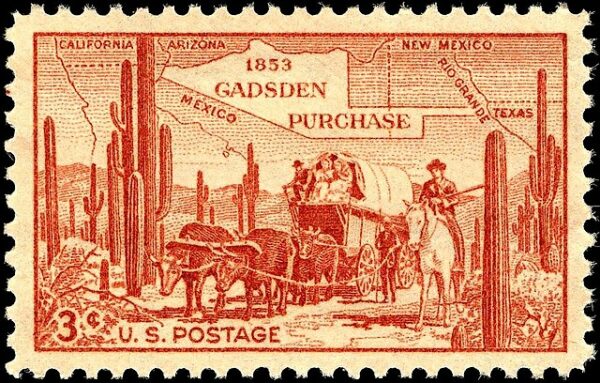On a summer night meant to settle a grudge and crown a champion, the world of boxing witnessed instead one of the most shocking meltdowns in sports history. In just three rounds inside the MGM Grand Garden Arena, Mike Tyson didn’t just lose a fight—he lost control, lost composure, and, in the eyes of many, lost whatever was left of his legacy.
The rematch between Tyson and Evander Holyfield was supposed to be about redemption. For Tyson, it was a chance to avenge his stunning defeat seven months earlier. For Holyfield, it was a chance to silence critics who had said his win was a fluke. But by the end of the night on June 28, 1997, none of that mattered. Because in the third round, Tyson bit Holyfield’s ear—not once, but twice—forcing a disqualification and igniting chaos that would overshadow anything either man ever did in the ring.
The fight had been tense from the opening bell. Holyfield, as he had in their first meeting, fought smart—tying Tyson up, using his head to control space, working inside to smother Tyson’s power. In the second round, an accidental headbutt opened a cut above Tyson’s right eye. From that moment on, the fight was less about strategy and more about emotion. Tyson, frustrated and bleeding, began to unravel.
In round three, the unthinkable happened. As the two fighters locked up, Tyson lunged in and bit off a piece of Holyfield’s right ear. Holyfield jumped back in pain, blood pouring down his neck. Referee Mills Lane called time. Incredibly, after conferring with ringside officials, Lane deducted two points but allowed the fight to continue.
It didn’t last long. Moments later, Tyson went in for another bite—this time on the other ear. Lane had seen enough. He waved the fight off and disqualified Tyson. Pandemonium erupted. Fans threw objects toward the ring. Security swarmed. Commentators struggled to find words. Even in a sport known for its brutality, no one had ever seen anything like it.
Holyfield, stunned but composed, stood in his corner as doctors treated the wound. Tyson, for his part, paced the ring with a look of defiance, not remorse. Later, he claimed he bit Holyfield in retaliation for repeated headbutts—an excuse few accepted.
The fallout was immediate and far-reaching. Tyson was fined $3 million and had his boxing license revoked. He became a global punchline overnight, his image—and career—badly damaged. For Holyfield, the bizarre win added to his legend. Already a former cruiserweight and heavyweight champ, he walked away with his title intact and his reputation enhanced.
But for boxing, the damage went deeper. The sport had long battled the perception that it was more circus than competition, more spectacle than sport. Tyson’s meltdown seemed to confirm those fears. The biggest fight of the year had become an international embarrassment.
Over time, Tyson would find his way back into the public’s good graces—first through the ring, then through self-deprecating interviews, acting gigs, even a one-man Broadway show. But no matter how many apologies or reinventions followed, the image of him biting Holyfield’s ear remains impossible to erase.
June 28, 1997, wasn’t just a black eye for boxing. It was a moment when one of the most feared athletes of his generation crossed a line that had nothing to do with rules or belts. Tyson didn’t just break the code of boxing that night—he broke faith with the millions who believed he was something more than a brute.
And in the end, that’s what the world remembers. Not the punches. Not the titles. Just the bite.






